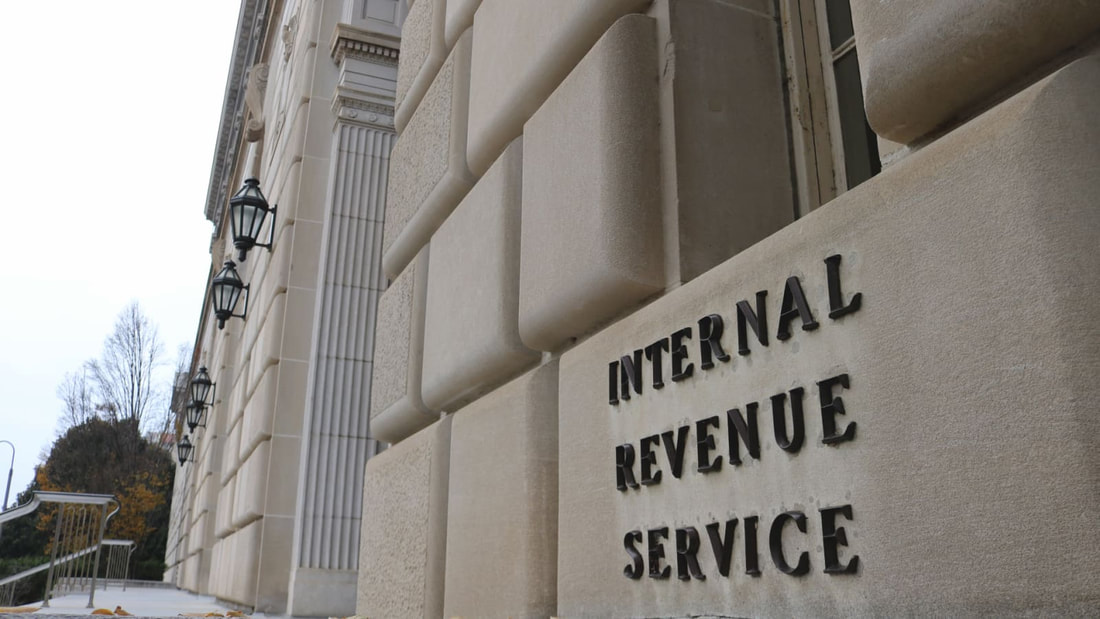|
ProPublica’s report on the private tax information of the 25 richest Americans is undoubtedly based on the leaking of their returns by someone within the IRS, or someone who has access to IRS databases.
Is this a legitimate exercise of conscience by a whistleblower, or a dangerous violation of privacy by a government insider? PPSA comes down on the side of “dangerous violation.” Here’s why. Much outrage has been generated by ProPublica’s report that in some years several of these high net-worth individuals avoided paying income taxes. A close reading shows that the wealthiest of the wealthy pay little in “income” taxes because they earn their money from capital gains, which are taxed differently. Knowing what the wealthy pay – or don’t pay – is a legitimate topic of debate. Having anonymized information about their payments informs that debate. Telling us that Elon Musk – in a given year – paid no income taxes should concern every civil libertarian. Charles C.W. Cooke neatly summarizes what is at stake: “Oh, who cares?” you might ask. “The victims are billionaires!” And indeed, they are. But I care. For a start, they’re American citizens, and they’re entitled to the same rights — and protected by the same laws — as everyone else. Their privacy does not matter less than mine just because they’re richer than I am. Besides, even if one wants to be entirely amoral about it, one should consider that if their information can be spilled onto the Internet, anyone’s can. And, if you were in their shoes, you’d probably care a lot more than they do. A government that is this reckless or sinister with the information of men who are lawyered to the eyeballs is unlikely to worry too much about being reckless or sinister with your information. The revelation of privacy lapses at the IRS comes at a time when the Supreme Court is considering whether the state of California can constitutionally demand disclosure of donor information listed on IRS Schedule B – despite the fact that California has handled that very information with grotesque security lapses. While California assures us that it now takes privacy more seriously, it has no protections comparable to IRS protections for tax information. And even those IRS protections were not enough to stop the most recent leak. Lest we fall into the trap that government is benign, responsible, and not to be feared when in possession of highly sensitive private information, the latest revelation of a leaky IRS is a timely reminder that such trust is often unwarranted. Comments are closed.
|
Categories
All
|


 RSS Feed
RSS Feed